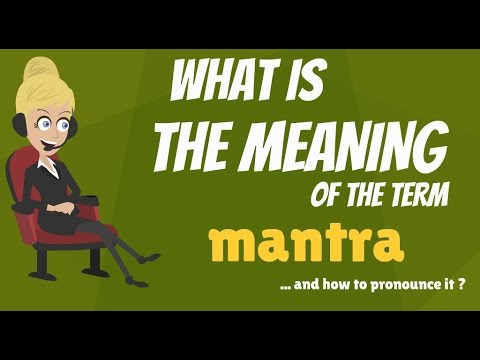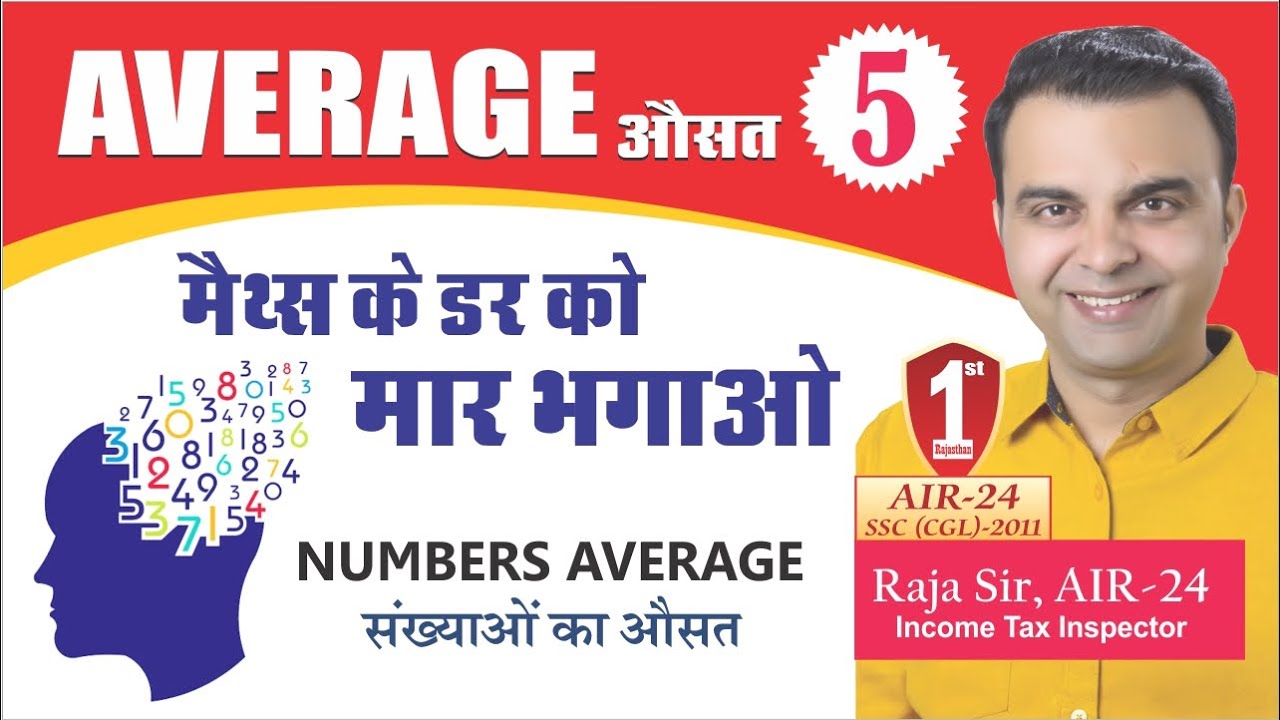The Audiopedia
✪✪✪✪✪ http://www.theaudiopedia.com ✪✪✪✪✪✪
✪✪✪✪✪ The Audiopedia Android application, INSTALL NOW – https://play.google.com/store/apps/details?id=com.wTheAudiopedia_8069473 ✪✪✪✪✪
What is MANTRA? What does MANTRA mean? MANTRA meaning – MANTRA pronunciation – MANTRA definition – MANTRA explanation.
Source: Wikipedia.org article, adapted under https://creativecommons.org/licenses/by-sa/3.0/ license.
A “Mantra” is a sacred utterance, a numinous sound, a syllable, word or phonemes, or group of words in Sanskrit believed by practitioners to have psychological and spiritual powers. A mantra may or may not have syntactic structure or literal meaning.
The earliest mantras were composed in Vedic Sanskrit by Hindus in India, and are at least 3000 years old. Mantras now exist in various schools of Hinduism, Buddhism, Jainism and Sikhism. Similar hymns, chants, compositions and concepts are found in Zoroastrianism, Taoism, Christianity, and elsewhere.
The use, structure, function, importance, and types of mantras vary according to the school and philosophy of Hinduism and of Buddhism. Mantras serve a central role in tantra. In this school, mantras are considered to be a sacred formula and a deeply personal ritual, effective only after initiation. In other schools of Hinduism, Buddhism, Jainism or Sikhism, initiation is not a requirement.
Mantras come in many forms, including ?c (verses from the Rigveda for example) and saman (musical chants from the Samaveda for example). They are typically melodic, mathematically structured meters, believed to be resonant with numinous qualities. At its simplest, the word ? (Aum, Om) serves as a mantra. In more sophisticated forms, mantras are melodic phrases with spiritual interpretations such as a human longing for truth, reality, light, immortality, peace, love, knowledge, and action. Some mantras have no literal meaning, yet are musically uplifting and spiritually meaningful.
There is no generally accepted definition of mantra.
Renou has defined mantra as thought. Mantras are structured formulae of thoughts, claims Silburn. Farquhar concludes that mantras are a religious thought, prayer, sacred utterance, but also believed to be a spell or weapon of supernatural power. Zimmer defines mantra as a verbal instrument to produce something in one’s mind. Bharati defines mantra, in the context of the Tantric school of Hinduism, to be a combination of mixed genuine and quasi morphemes arranged in conventional patterns, based on codified esoteric traditions, passed on from a guru to a disciple through prescribed initiation.
Jan Gonda, a widely cited scholar on Indian mantras, defines mantra as general name for the verses, formulas or sequence of words in prose which contain praise, are believed to have religious, magical or spiritual efficiency, which are meditated upon, recited, muttered or sung in a ritual, and which are collected in the methodically arranged ancient texts of Hinduism. There is no universally applicable uniform definition of mantra because mantras are used in different religions, and within each religion in different schools of philosophy. In some schools of Hinduism for example, suggests Gonda, mantra is sakti (power) to the devotee in the form of formulated and expressed thought. Staal clarifies that mantras are not rituals, they are what is recited or chanted during a ritual. .




This is just repeating wikipedia . waste of time